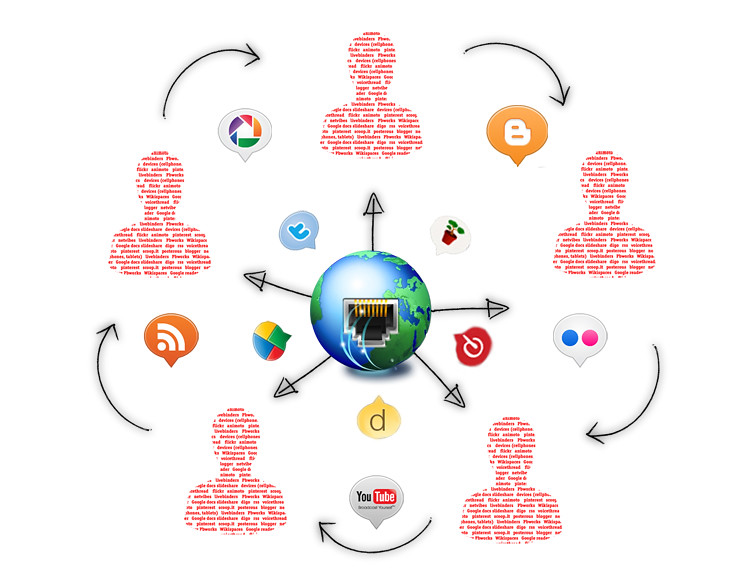In the beginning of our online session, teachers are generally in a state of lethargy and disorientation. They are never sure if they should endure in the digital experience or quit. They sometimes have a feeling of being overwhelmed, at other times, at loss... I try to show them that this a common state when we face the new, when we leave our comfort zones, when we are learning, when we are challenged.
In neuroscience there's a common term to express the exact moment when our amygdala sense danger:
FLIGHT - FIGHT - FREEZE
We generally react in these three ways: we can just run away from the new experience as we feel threatened, we might decide to persist and move on against the initial moment of fear and helplessness, or we can just be in a lethargic state of no-action.
My role as an online facilitator is to give participants the support they need for them to build up their self-confidence and move forward, fighting against their initial disorienting feeling of the non-linear digital world. Isn't that what we all try to do with our students, anyway? In this case, though, it is an even more important mission, for if they see the power of the Social Web in transforming their classrooms and beyond in truly student-centered learning hubs where interaction, collaboration, problem solving, creative thinking, fun-based learning is part of class routine, then my special assignment as an online facilitator is accomplished, and the impact of teachers' newly acquired digital skills is long-lasting and amplified in their local educational communities.
That's why when they overcome the initial stage of getting their feet wet into learning how to participate in an online community, enhanced by numerous digital tools, they get into the experimentation level, evolving to many WOW moments throughout our 10-week online session and way beyond.
Of course, there are those who always fly, and those who get stuck, freezing, no matter what you try to do to give them the support they need. Educators must first re-learn to unlearn. Educators must be open to learning if they want to be part of education. However, what really makes a difference is letting our brains work in our favor, when we fight against the initial fear and sense of being in danger, for endangered professionals are the ones who are not open to movement, change and action.
 |
| by Fabrício Freire_WebTools4Educators |
The Social Web is full of encounters, learning and networking. And every educator should be part of it in very meaningful ways, and that's why it is part of my job to introduce the educators who start the Web Tools for Educators course to get there in the SOCIAL WILD WEB!

In this case, though, it is an even more important mission, for if they see the power of the Social Web in transforming their classrooms and beyond in truly.
ReplyDelete